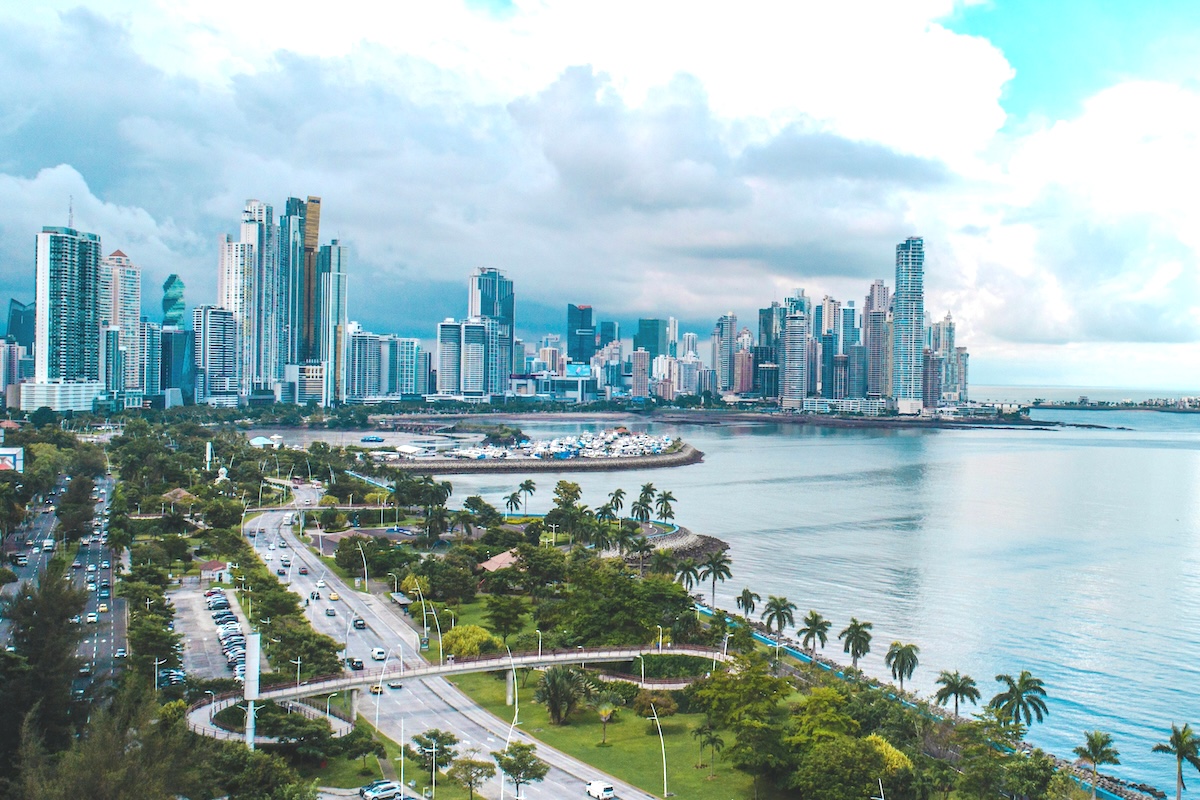Skift Take
Even with Covid variants still emerging, the war in Ukraine still raging, and economic indicators still flashing trouble, many signs point to a swift rebound from the 2020 bottom.
Part of the reason is pent-up demand after two years of travel restrictions and companies either slashing or completely cutting out travel reward programs. Another reason is corporate strategy adapting to today’s pressing economic realities. Record low unemployment is putting the spotlight on the importance of recruitment, retention, and employee engagement, driving companies to examine how to remain competitive. Robust incentive gatherings have become an important part of a company’s full benefits package.
These were two of the main messages in the Incentive Research Foundation (IRF) 2022 Trends Report, released earlier this year.
Other key findings from the IRF report:
- While many incentive programs have traditionally focused on top performers and senior team members, incentive program owners are now working on ways to include more employees, and those not necessarily in sales.
- Companies launched virtual recognition and reward events out of necessity during the pandemic, and many continue to include hybrid elements in their events. By sharing the experience with a broader audience, seeing in real-time what happens on an incentive trip is a strong motivator for employees who could potentially qualify for a future event.
- Incentive travel will continue to remain a top motivator, stronger than cash and merchandise, despite the many challenges presented by the Covid pandemic. Incentive program owners and participants are willing to navigate uncertainty, travel restrictions, testing, and shifting protocols for an incentive trip. “While Covid may still be a factor in some destinations, restrictions are very manageable in most countries, with the exception of China,” said Huw Tuckett, executive director of Euromic. “We have DMCs in 47 countries, and most are experiencing a massive surge in demand, bookings, confirmations, and enquiries.”
- Health and safety will continue to be a priority, and various protocols will continue to be revisited and updated. Individual incentive travel may be offered where employees or companies are not yet comfortable with a group trip, but IRF researchers see that trend waning. What’s more likely is that larger incentive programs may be broken into smaller waves or regional events.
- Personalization will be infused into incentive travel programs – whether providing choice through itineraries or by giving participants additional free time during the trip.
Supply issues are a major disruptor
If the good news is that the industry is rebounding, the bad news is that supply issues are creating headaches for planners.
“Since restrictions have been removed in a lot of areas, programs that were postponed are now proceeding over the coming months,” said Michael Dalton, founder of MICDrop. “So now there is a surge in short-lead bookings just at a time when there are post-pandemic supply issues.” The reduced supply is causing alarming price spikes, which put added pressure on incentive program owners to reset both budgets and expectations from company leadership.
It isn’t just a shortage of hotel rooms and airlines seats that are frustrating planners, Dalton added. Response times are problematic as well. “It takes far too long for suppliers to provide a quote or even to confirm if a space is available or not. Then, when availability is quoted, rates are only valid for a short period, not long enough to allow for internal decision making.”
The labor shortage in the service industry is also affecting the availability of fleets, restaurants, local activities, and hotel amenities. At the same, safety protocols require more space in restaurants, hotel function space, and in vehicles. A practical solution is to consider restaurant buy-outs, bringing additional staff to supplement supplier personnel, and relying more heavily on destination management companies (DMCs) to offer workarounds that maintain incentive-level experiences.
The new (and welcome) normal: strengthened supplier relationships
Of all the interesting consequences that the pandemic has wrought, strengthened supplier relationships has been particularly heartening, said Padraic Gilligan, managing partner of SoolNua. In a recent podcast with EventMB editor-in-chief Miguel Neves, Gilligan noted that suppliers were able to adjust quickly and surprisingly effectively to the pandemic’s travel challenges, helping clients pivot from international trips to regional or domestic; changing dates, group sizes, and program design, and offering up alternatives when original choices weren’t feasible. As a result, he also sees business to be “off the charts,” since incentive suppliers are now delivering the 2020 and 2021 programs that had been postponed while also delivering this year’s events.
The elevation of the particular importance of the role of the DMC was one of the focuses of the recent at SITE Global, the annual Society of Incentive Travel Excellence’s conference, held this year in Dublin April 20-23. Other sessions focused on sustainability, inclusion and engagement, agile staffing models, destination preferences, and workforce performance.
SITE Global’s organizers actually kept sustainability top of mind. The host site, Convention Centre Dublin (CCD), covered the cost of a carbon offsetting package. Meals at the CCD were designed to be heart-healthy while showcasing the sophistication of Irish cuisine. SITE Ireland, which partners with Grown Forest planted two native-to-Ireland trees in honor of this year’s event. And attendees who were gifted Meet in Ireland jackets to wear during their stay were given the option of returning them for reuse (after a dry cleaning) at future events.
Next year’s SITE Global Conference will take place in New York City the week of February 13, 2023.





